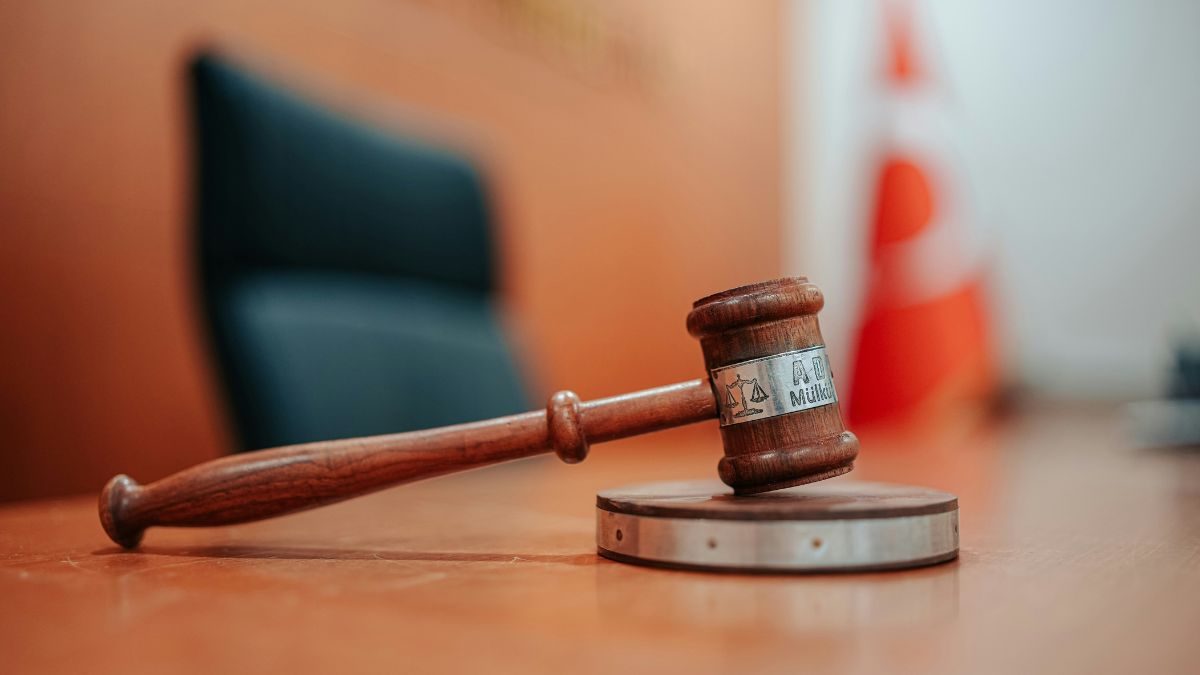

BreakPoint
The First Freedom
Each year, the president declares January 16 to be "Religious Freedom Day" and calls upon all Americans to "observe this day through appropriate events and activities in homes, schools, and places of worship." That date is the anniversary of the passage of the Virginia Statute on Religious Freedom in 1786. Thomas Jefferson drafted the legislation and considered it one of his greatest achievements. It stopped the practice of taxing people to pay for the support of the local clergy. But it did more than that. Jefferson's statute reflects a strong biblical worldview, asserting that, while God is Lord of both our bodies and our minds, He chose not to coerce us in our faith. The statute further declared that no one should suffer on account of his religious beliefs, nor should a person's beliefs affect his civil rights. However, Eric Buehrer of Gateways to Better Education -- a ministry to Christian parents and teachers in the public schools -- writes that, in too many instances today, the civil rights of Christian students in public schools are suffering on account of their desire to express their religious beliefs. Buehrer points out that even first graders get the message that their faith isn't welcome at school, and many public school teachers don't understand the religious freedom students do have. Consequently, Christian students are often told they cannot include their faith in their homework assignments or classroom discussions. For example, Wendy Kinnear, a mom in Southern California, was shocked last year when her seven-year-old daughter, Lauren, told her one day that, "of course," she can't pray at school. Now, we're not talking here about organized school prayer -- just an individual choosing to pray. Wendy determined to do something about it. She met with the local school district's assistant superintendent and later addressed the school board. Due to her efforts, district officials have now encouraged all their schools -- 26,000 students -- to recognize Religious Freedom Day. Children's religious liberties are clear. The U.S. Department of Education has issued guidelines that clearly explain that students in our public schools have the right to express their faith in their assignments. They can witness to their classmates. They can read their Bibles at school and pray. But many students and their teachers feel as though their classrooms are supposed to be religion-free zones. You can promote greater religious freedom in your public schools this year by telling others about Religious Freedom Day. Since January 16 falls on a Sunday, I recommend you ask teachers and school officials to act on the president's request and conduct appropriate commemorative exercises on Friday, January 14. Gateways to Better Education has prepared a fact sheet explaining Religious Freedom Day and suggesting a number of ways public schools can celebrate it. It includes a summary of students' religious liberties and is available by calling us here at BreakPoint (1-877-322-5527). Make copies and distribute this one-page document to families in your church. Religious Freedom Day is a reminder that we don't have to leave our faith at the door of the school, the office, or the public square.
01/7/05















